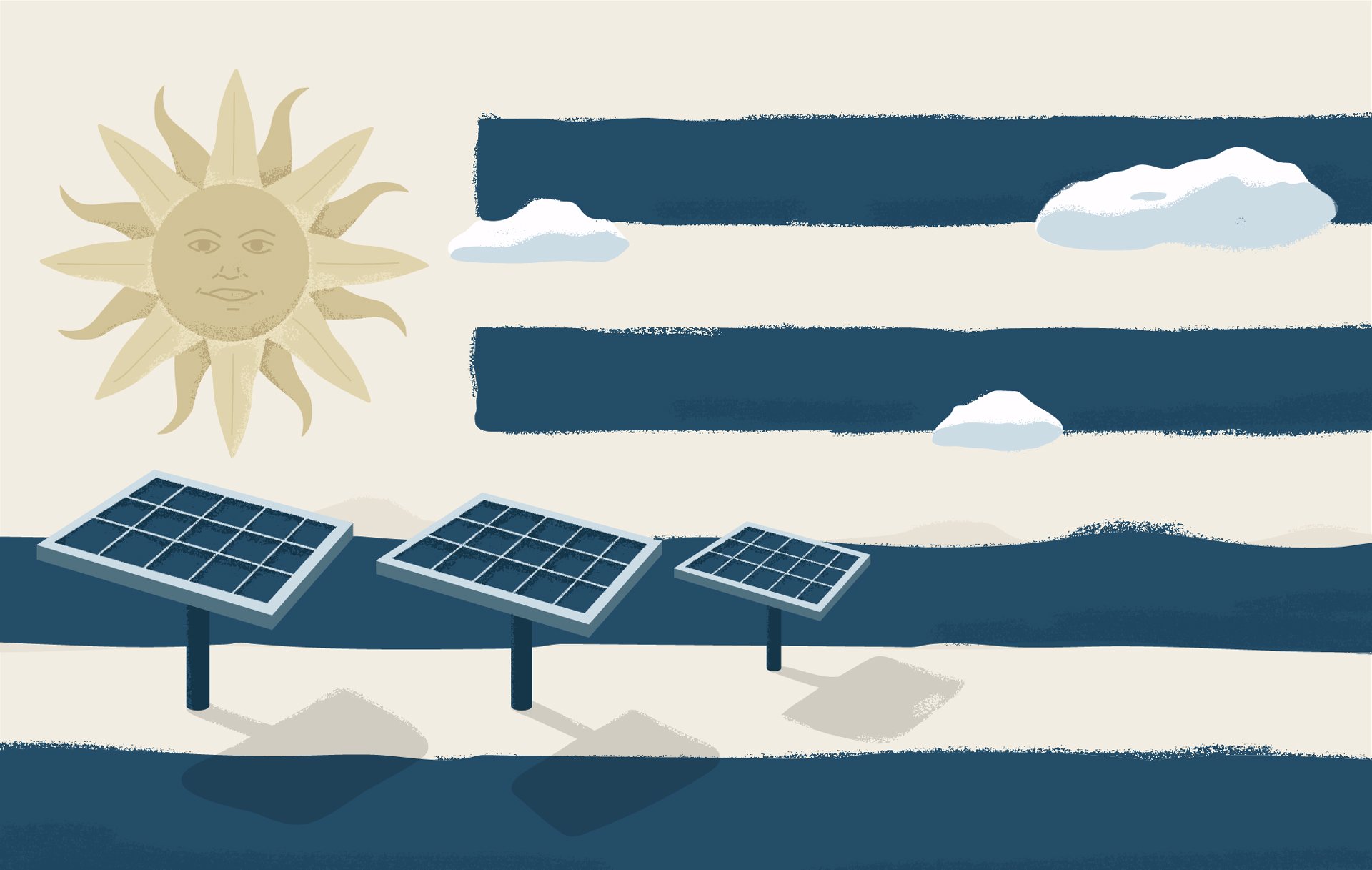“with wind the single-biggest contributor… Power production costs have declined “by almost half” … And the clean energy sector has created 50,000 new jobs… Ask me what was the impact on the electricity sector in Uruguay after this tragic war in Europe — zero.”



Correct me if I’m wrong, but electrifying a process doesn’t automatically make it not produce waste heat, right?
The reference to waste heat could include the heat from burning fossil fuels that isn’t turned directly into work. Which is a lot.
So you’re right, there will still be some waste heat and the reduction in production needs won’t be that drastic. But it’s still a significant chunk of the total!
Yes of course, but a lot of energy is currently also used for heating things in cooking steel, chemical industry, concrete, etc. Those processes need energy as heat and directly produce waste heat. I agree it’s probably still significant. It’s just wrong to reduce energy consumption to “making things move”.
Converting energy to power will always produce at least one of heat or light (also radiant heat) in the process.
There is no 100% efficient power.
But, electric is the closest you could get. Especially compared to any petroleum products
No but electric motors and heat pumps are much more efficient so electfication helps reduce waste heat
Changing your energy generation from burning something to turning a turbine with wind power, hydropower or geothermal power. Or just using solar, means that you have no waste heat for electrical generation.
Waste heat is only created when you burn a fuel to boil the water.
If you heat things electrically you still generate waste heat. Think electrical stove and its bigger industrial counterparts.